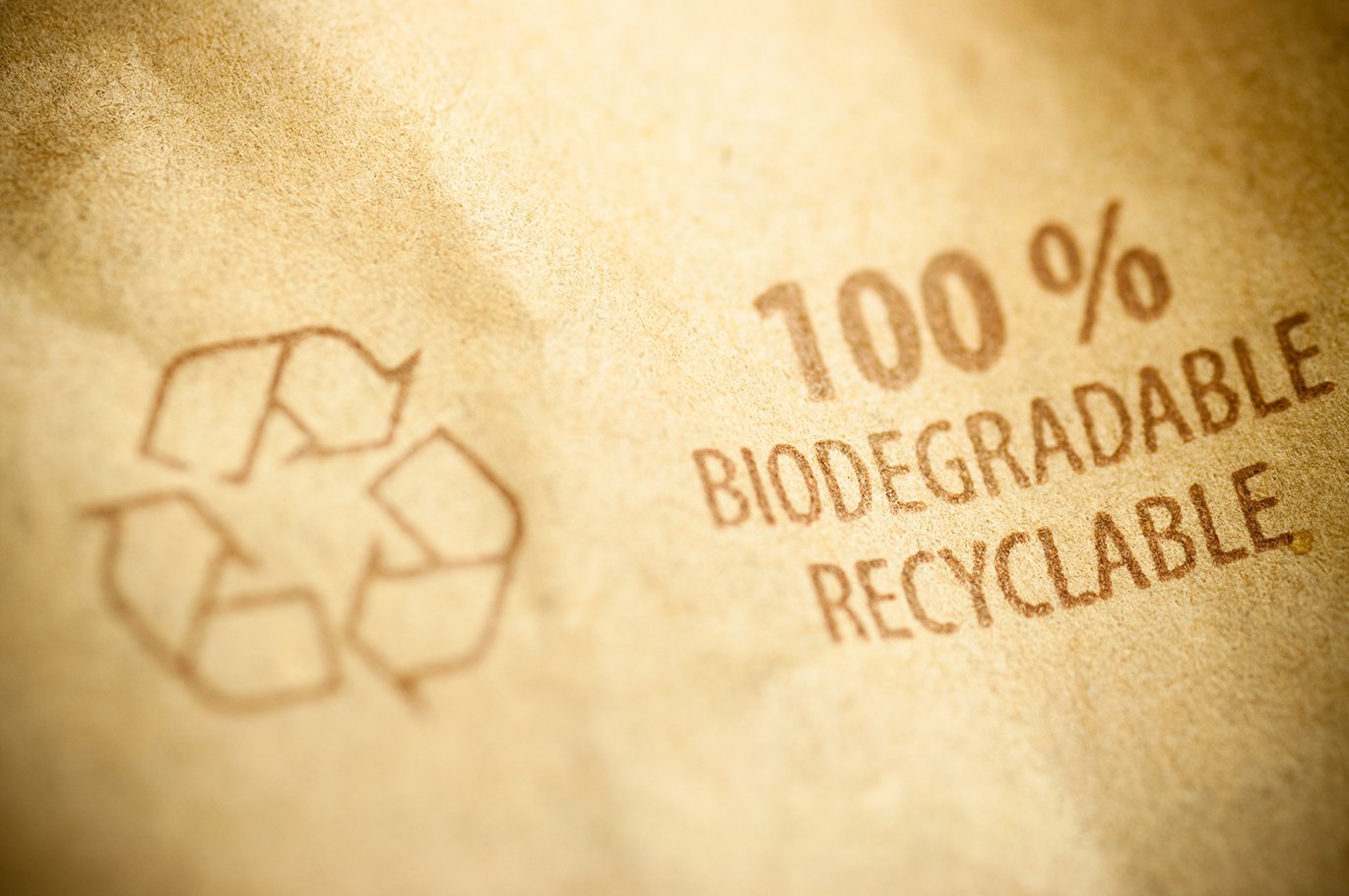More bio-based products with less environmental impact
Aarhus University is leading a new pan-European research project to strengthen and expand circular bio-based industries across the entire region.

Bio-based products such as bioplastics, biotextiles or recycled paperboard are often considered green products. However, their production process can be very resource demanding with a large impact on the environment.
To reduce such impacts and strengthen bio-based industries across Europe, Aarhus University is heading a major new international research project aimed at optimising circular production, enhance digital transparency and bolster the global competitiveness for the entire region. The project is called bi0SpaCE and it is being funded with DKK 22.4 million (€3 million) from the EU framework programme for research and innovation, Horizon Europe.
"Europe has big climate ambitions, and circular bio-based products are a major part of the solution. But today’s digital technologies for circular production are largely created from the perspective of industries that focus on non-biological materials," says Associate Professor Devarajan Ramanujan from the Department of Mechanical and Production Engineering at Aarhus University, who is heading the project.
He continues:
"The goal of the project is therefore to develop innovative digital solutions specifically for bio-based industries, and to ensure that bio-based industries are at the forefront of circular production and economy, as well as sustainability."
Bio-based industries already play an important role in Europe. These industries contribute around €810 billion to the EU economy and employ around 3.6 million people. By strengthening and expanding the competitiveness of bio-based industries, and by creating circular bio-based products that can replace fossil-based products, bio-based industries could play a major role in the green transition of European industry.
By pioneering digital twin-based solutions and creating an open-access solution for compiling and publishing so called digital product passports - that contain validated sustainability and circularity information of products - the bi0SpaCE project will serve as a catalyst for realising circular bio-based industries in Denmark and Europe.
"The digital part of bio-based industries is essential to ensure sustainability and circularity, for example through improved tracking of materials and resources and the energy consumption of production. All of this is needed to optimise production processes and value chains based on a circular and sustainable perspective," adds Assistant Professor Rami Mansour, also from Aarhus University’s Department of Mechanical and Production Engineering.
Aarhus University is leading the project, with Associate Professor Devarajan Ramanujan and Assistant Professor Rami Mansour at the front. In addition to the Department of Mechanical and Production Engineering, the AU School of Business and Social Sciences, BSS, is involved as a knowledge partner. Four companies are participating in the project: Greenlab Skive A/S, Fiskeby (Sweden), Biofactoría Naturae (Spain) and Noriware (Switzerland). In addition, the project includes Fraunhofer IOSB (Germany) as technical coordinator, CARTIF Technology Center (Spain), Nissatech (Serbia), UNI (Italy), and Swiss Smart Factory (Switzerland).
Aarhus University is responsible for the following elements of the project:
- Developing indicators to measure the circularity of bio-based products and production processes.
- Establishing new physics-based and machine learning-based simulation models for predicting the sustainability and circularity performance of bio-based production processes.
- Establishing a framework for optimising the circularity and sustainability of bio-based production processes under uncertainty.
- Developing machine learning models based on computational fluid dynamics capable of tracking continuous process flows in bio-based production.
- Mapping social requirements, considerations and implications associated with the adoption and implementation of bio-based solutions.
- Stakeholder mapping to identify and map relevant stakeholders involved in bio-based value chains.
Contact
Associate Professor Devarajan Ramanujan
Heading the Lifecycle Design and Manufacturing research group
Aarhus University, Department of Mechanical and Production Engineering
Email: devr@mpe.au.dk
Tel.: +45 93 50 88 48
Assistant Professor Rami Mansour
Heading the Reliability Modelling and Optimization research group
Aarhus University, Department of Mechanical and Production Engineering
Email: ramimansour@mpe.au.dk
Tel.: +45 93 50 88 67
